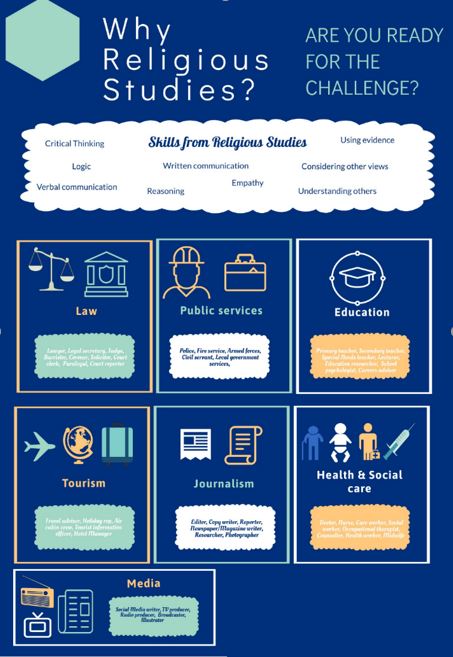Ethics & Philosophy at Paulet
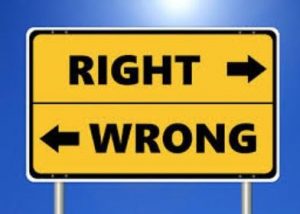
What do students learn in Ethics & Philosophy in Key Stage 3?
In Ethics and Philosophy, we want to address the three key aims from the local agreed syllabus (Staffordshire Agreed Syllabus), Exploring, Engaging and Reflecting. These key aims form the basis of our curriculum plan to help all students to prepare and equip the for life and citizenship in today’s diverse, plural Britain and beyond.
Throughout the course we focus on sharing ideas and opinions and consider how these also reflect throughout our diverse society. We emphasise how vital and valuable they are in our pluralistic society and the positive contributions they can make.
To support this endeavour, we begin in year seven with the Island unit. This unit is a fantastic entry into understand the foundations of a society with its rules, leaders and more importantly the reasoning behind them. Students must actively explore, engage, question, and reflect to create a fairer society for all by creating and upholding the rules, whilst continuously balancing the ethical and moral justification for their decision(s). This then reflecting and compared to our current political system of governance and religious ones. I.e., Rites of passage rules such as baptism. Students will learn that they do have a voice and can make a positive contribution to our society. This is linked to and further supported by their next unit called, places of worship. Students explore and engage with the reasoning behind have a physical place that reflects your inner beliefs and feelings i.e., football stadiums etc. We endeavour to strengthen this unit by taking students on a places of worship trip. This further supports the next unit on pilgrimage and why such places continue to draw people today. We end the year by looking at, creation and the environment.
The focus continuous in year eight with asking important questions. However, pupils are challenged to think through the exploration of Jesus’ life and the many challenges he faced. The question, ‘should people stand up for they believe in even if it is at a great personal cost’, is linked to Jesus life experiences. What can we learn today from Jesus’ life; his courage? This unit also supports the local agreed syllabus emphasis on teaching the core beliefs of the main religious tradition of Great Britain, which is Christianity. This unit supports and underpins the next unit on religious expression, as we also explore the use of art (paintings, music etc.) in Churches and other sacred places. This unit also allows students to explore what is expression and how do we humans express ourselves. Students engage and reflect on their own means of expression. The importance of personal, including religious expression, is considered within both the legal and social constructs. The impact of controversial art is also considered in a sensitive manner, whilst also strongly emphasising and considering the balance between freedom of expression and the responsibilities that come with such freedom(s). We end the year by better understanding the prevailing issue of our time, the gap between the rich and poor, which has grown wider because of the Covid pandemic. The material consequences of these are explored and suitable remedies are discussed and reflected upon. Vital issues of money management, debt, gambling, and addiction to it are explored and reflected upon. #
In Year 9 we start with another engaging unit called crime and punishment. Here we consider in depth the reasoning to why a justice system is vital to our society and our role to uphold to its values. This is an AQA GCSE unit for the exam in Religious Studies and we aim to enter all students for this exam in year 11.; for information on these units please see KS4 ethics and philosophy. All students are also taught this unit, as one of the core curriculum plans is to prepare and equip our students for the life and citizenship in our society in Britain today. It is vital therefore for our students to explore and understand how and why our society has the current framework of governance. Their role and contribution within it would be emphasised. A range of issues will be explored in a respectful and sensitive manner. Students are taught to engage and reflect on the other, whilst showing respect to different points of view and the acceptance of ‘two truths.’ We then move onto teachings Christian and Islamic beliefs, as these also form part of the final GCSE religious studies paper one. For the paper two, we also include a theme unit called, ‘religion and life.’ Here students further explore the origins of our world and us, and its impact on various matters such as, the value of human and animal life, and the environment around us.
Throughout the Key Stage 3 course we develop the ethical skills required for study at GCSE level.
How do students learn in KS3?
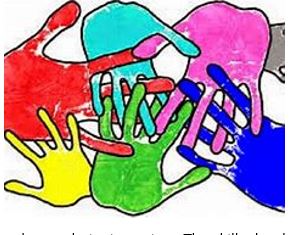
Students are increasingly encouraged to learn through paired and whole class discussion to draw on the knowledge and understanding of their peers. Presenting work to the whole class is also encouraged and developed to help students develop their confidence. Students will engage in decision making exercises where they must make justified decisions on a variety of ethical issues, and then learn to either defend them or adapt them as they develop their knowledge. Students will learn to draw on evidence, including from sacred texts where required, to enhance their viewpoints. The skills developed in Year 7 are further developed in Year 8. All assessments in key stage 3 are designed to reflect the style of questioning used in GCSE ethics and philosophy so that students will be thoroughly prepared for such future assessment.
In Year 9 students begin the AQA GCSE Religious Studies A.
What topics are covered and when in each year group? What is the sequence of teaching?
Our topics of learning are listed below. The sequence of learning is designed to develop students understanding of our values and principles.
| Year 7 | Year 8 | Year 9 GCSE | |
| Autumn 1 | The Island – Part 1 | Jesus – Part 1 | Crime and punishment |
| Autumn 2 | The Island – Part 2 | Jesus – Part 2 | Christian and Islamic Beliefs – part 1 |
| Spring 1 | Places of worship | Religious expression – Part 1 | Theme- Religion and life – part 1 |
| Spring 2 | Places of worship /
Pilgrimage |
Religious expression – Part 2 | Christian and Islamic Beliefs – part 2 |
| Summer 1 | Pilgrimage / Creation and the environment | Rich & poor | Theme – Religion and life part 2 |
| Summer 2 | Creation and the environment | Rich & poor project | Christian and Islamic practices – part 1 |
How are students assessed in KS3 Ethics?
Students are assessed once each half term through a combination of mid topic and end of topic test. Assessments are largely written but presentation tasks are also included at times.
In year 9 assessments are through use of past GCSE examination papers and teacher created questions.
Home learning
The homework set are integral to the learning taking place in the classroom and as such is now referred to as home learning. Students are set one piece of home learning every four weeks, as Ethics and philosophy is taught every fortnight. Students will usually return their homework tasks in a hard copy but can also return digitally. Tasks will be set via the Go4 Schools app, but are also explained in class.
Extra-curricular opportunities
Year 7 – Places of worship trail – Derby
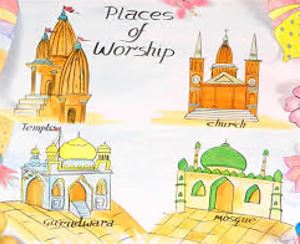
Cultural capital
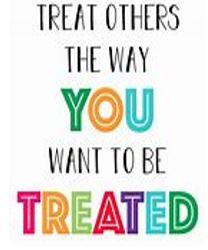 Respect of our personal values and principles is naturally reflected by offering the same to others. Our society is becoming more connected and diverse opinions are more readily accessible. The bond of ‘humanity’ is woven throughout our ethics and philosophy curriculum at key stage 3 to help navigate through sometimes this challenging terrain. The value of independent home learning is emphasised to instil in the students a sense of ownership and responsibility for their learning. Appreciation of the world’s diversity of peoples and their principles, which are often derived from their religious or philosophical beliefs, are evaluated throughout the learning journey that is presented in the study of ethics and philosophy.
Respect of our personal values and principles is naturally reflected by offering the same to others. Our society is becoming more connected and diverse opinions are more readily accessible. The bond of ‘humanity’ is woven throughout our ethics and philosophy curriculum at key stage 3 to help navigate through sometimes this challenging terrain. The value of independent home learning is emphasised to instil in the students a sense of ownership and responsibility for their learning. Appreciation of the world’s diversity of peoples and their principles, which are often derived from their religious or philosophical beliefs, are evaluated throughout the learning journey that is presented in the study of ethics and philosophy.
Careers
Students develop analytical and evaluation skills during key stage 3, which transfer to a wide range of career paths – some are shown below. Ethics and philosophy grounds young people in the skills of analysis and evaluation, as well as the ability to understand others. Increasingly the world is becoming more connected. This subject enables students to navigate themselves in a harmonious manner to be successful and prosper in whichever field they select.
